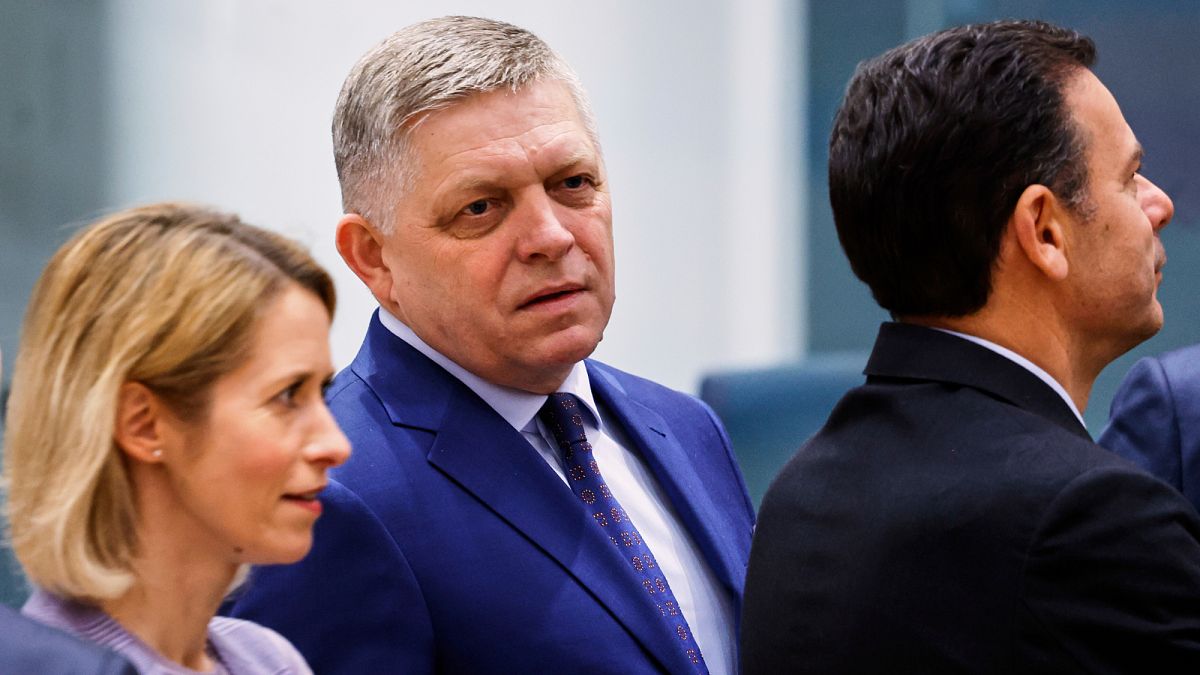

In a noteworthy stride towards energy independence, Slovakia is making significant efforts to conclude a deal with the European Union (EU) aimed at halting Russian gas supplies. Slovakian Prime Minister Robert Fico has expressed an earnest desire to see a resolution by the coming Tuesday, emphasizing the urgency of the situation in a recent briefing in Bratislava. His dialogue with German Chancellor Friedrich Merz highlights a collaborative approach to managing the anticipated phase-out of all Russian fossil fuels. This strategic move underscores the EU’s commitment to diversifying its energy sources, ensuring long-term energy stability, and reducing reliance on a single supplier.
Simultaneously, the global economic environment is witnessing further complexities with the initiation of new trade tariffs. Recently, President Donald Trump’s administration imposed a sweeping 30 percent tariff on European Union imports. This bold move has sparked discussions within the EU, with European Commission President Ursula von der Leyen affirming that the bloc is ready to take necessary measures to safeguard its interests. The EU’s strategy includes pitching possible retaliatory tariffs targeting another €72 billion of U.S. goods to its ministers, demonstrating a firm stance in protecting economic interests while negotiations unfold.
Adding another layer to the intricate trade relations, Kevin Hassett, head of President Trump’s economic council, found himself at the focal point of another tariff discussion. A proposed 50 percent tariff on Brazilian imports has raised questions owing to the existing trade surplus that the United States enjoys with Brazil. The potential implications of this tariff, though not fully outlined by Hassett, suggest an ongoing endeavor to recalibrate trade policies, which could influence the economic dynamics between the Americas.
In other developments, Italy has recently experienced a crucial judicial decision impacting a significant financial merger. An Italian court provided Prime Minister Giorgia Meloni a partial victory regarding UniCredit’s controversial takeover bid for BPM. Though the ruling leaves the future of this high-stakes merger in uncertainty, it reflects the complexities inherent in governing large-scale financial negotiations within Italy. Such decisions play a critical role in shaping the financial landscape and the strategic maneuvers within the European banking sector.
In this evolving global scenario, nations are navigating through layers of trade policies and economic relations, striving for strategic autonomy, and securing their economic futures. The interplay between energy negotiations in Slovakia and tariff strategies across the Atlantic serves as a reminder of the interconnected nature of today’s world. The resolution of these challenges, while maintaining an atmosphere of international cooperation, continues to be a focal point for geopolitical and economic stability. As efforts unfold, the continued emphasis on communication and collaboration remains pivotal in steering these economies towards sustainable growth.
Source: {link}
